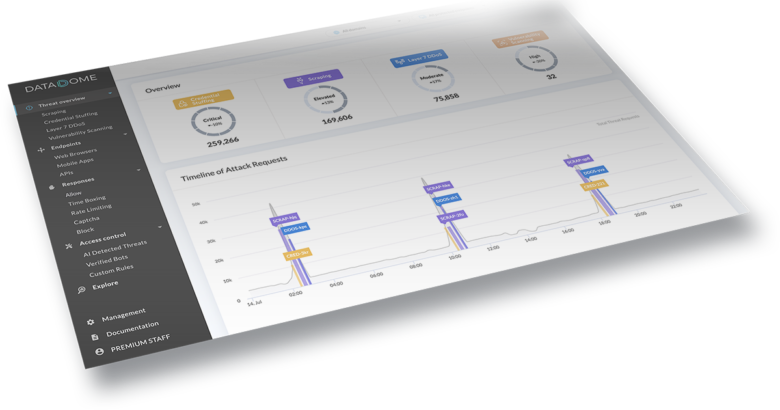Do you know how to report phishing emails? If not, you’re not alone. Many people don’t know how to properly report these types of emails, which can lead to their personal information being compromised. In this blog post, we will explore how to report phishing emails. We will also discuss what phishing is and how to protect yourself from it. By the end of this post, you should have a better understanding of how to report phishing emails and what you can do to prevent them from happening in the first place.
How to identify phishing emails?
When you receive a phishing email, it can be difficult to know if it’s a legitimate message or not. Here are some things to look for that can help you identify a phishing email:
The sender’s email address may be spoofed to look like a legitimate sender. The message may contain typos or grammatical errors. The message may ask you for personal information or login credentials. The message may contain a sense of urgency or threaten consequences if you do not act immediately. The link in the message may not go to where it says it does. For example, the link may say www.bankofamerica.com but when you hover over it, the actual URL is something else entirely.
If you think you’ve received a phishing email, don’t click on any links or open any attachments. Forward the message to your company’s IT department or security team so they can investigate further.
How to report phishing emails?
If you receive a phishing email, it is important to report it to the authorities so that they can take action to protect other users. Here are some tips on how to report phishing emails:
- Forward the email to the Anti-Phishing Working Group at reportphishing@apwg.org.
- Report the phishing email to your email provider.
- If you clicked on a link in the phishing email, report it to the website owner.
- Delete the phishing email from your inbox.
What are the consequences of not reporting phishing emails?
If you don’t report phishing emails, the sender will continue to send them to other people. They may also sell your email address to other scammers. You could also miss out on important security updates from your email provider.
How to prevent falling victim to phishing scams?
Phishing scams are on the rise and becoming more sophisticated. Many people are unaware of how to protect themselves from becoming a victim of these scams. Here are some tips to help you avoid falling victim to a phishing scam:
- Be aware of the signs of a phishing email. These can include misspellings, strange grammar, unexpected attachments, or requests for personal information. If something looks suspicious, do not click on any links or open any attachments.
- Do not respond to unsolicited emails or texts that ask for personal information. Legitimate companies will not reach out to you in this way asking for sensitive information.
- Be cautious of any emails or texts that create a sense of urgency or offer a too-good-to-be-true deal. These are often red flags that indicate a scam.
- Do your research before responding to any emails or clicking on any links. If you are unsure about the legitimacy of an email, look up the company’s website yourself instead of clicking on any links in the message. You can also contact the company directly to verify the authenticity of the communication.
- Keep your anti-virus software and operating system up to date to help protect your computer from malware that could be used in a phishing attack.
Conclusion
Phishing emails are a serious threat to businesses and individuals alike. If you receive a phishing email, it’s important to report it immediately so that the appropriate authorities can take action. You can report phishing emails to the FTC at spam@uce.gov, or you can forward them to the Anti-Phishing Working Group at reportphishing@apwg.org. Be sure to include as much information as possible, such as the sender’s address, the date you received the email, and any other relevant details.










FIND US ON SOCIALS